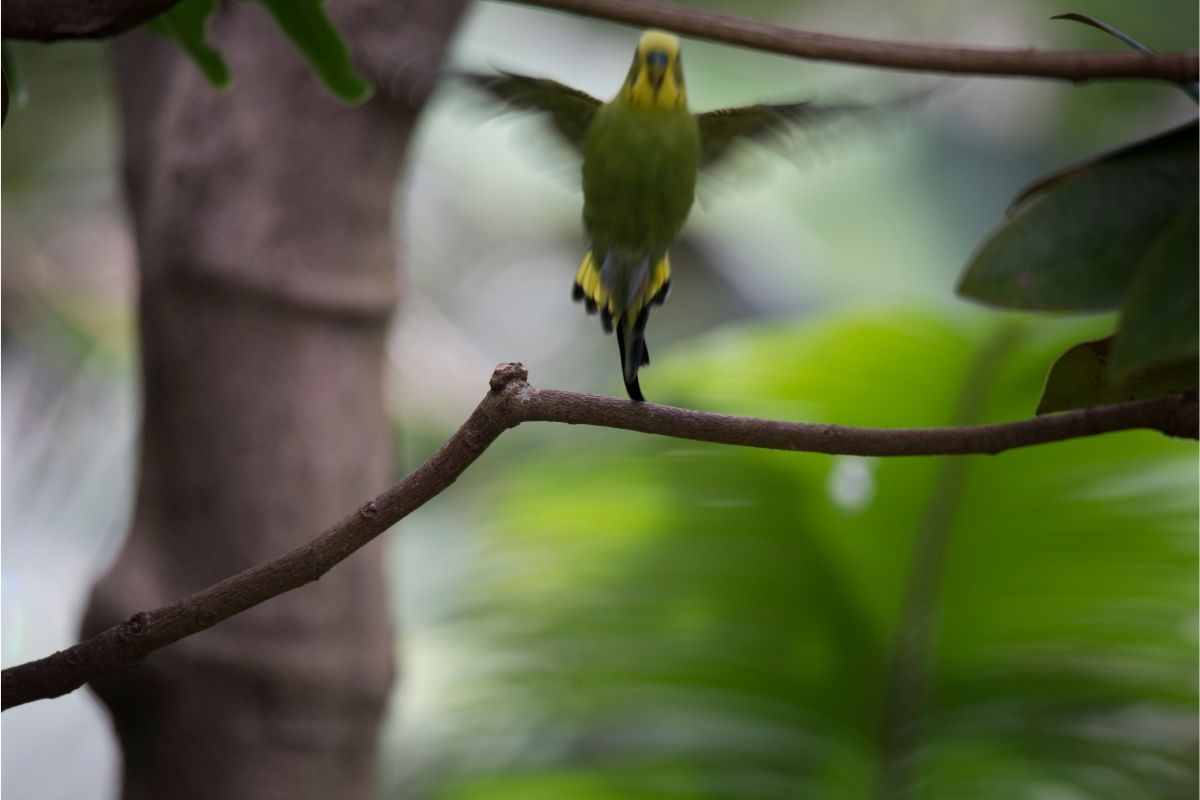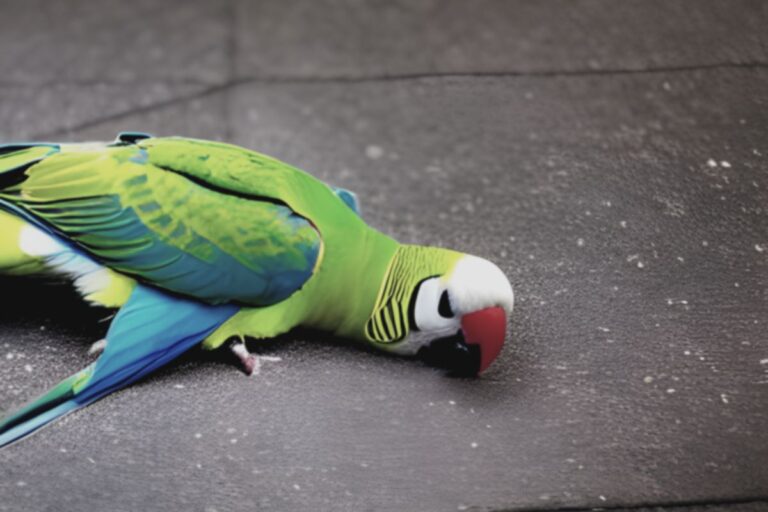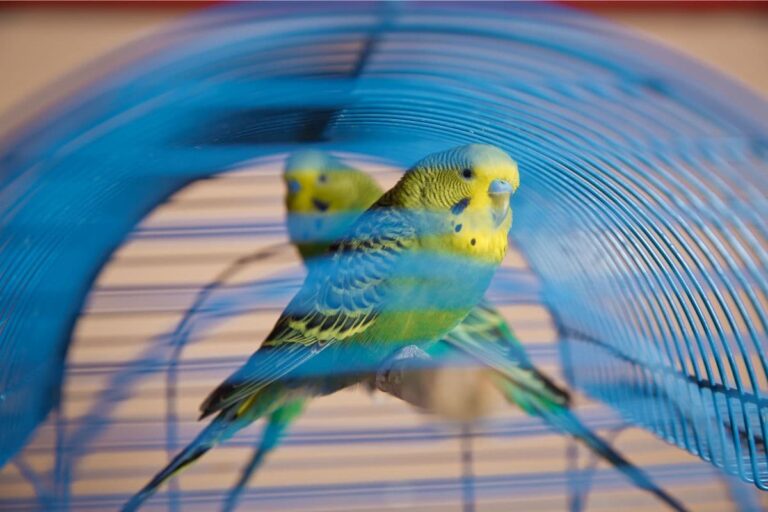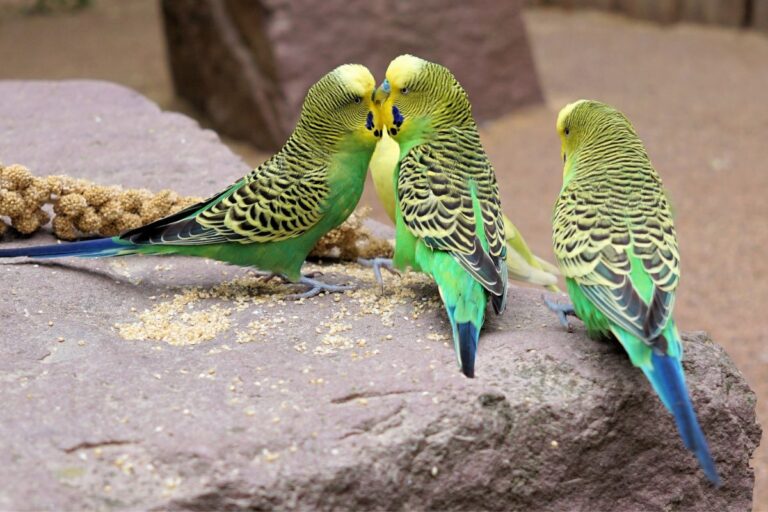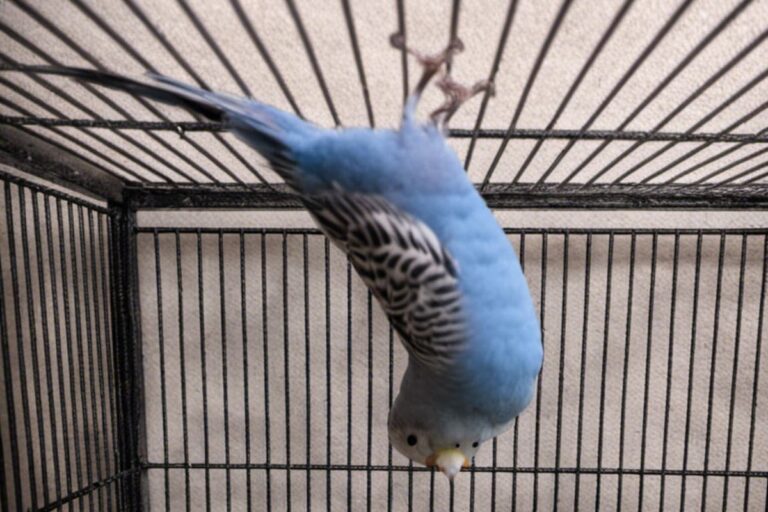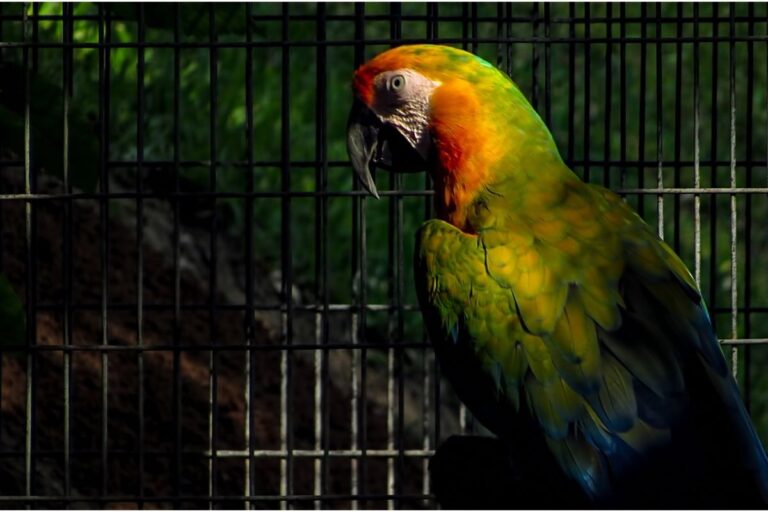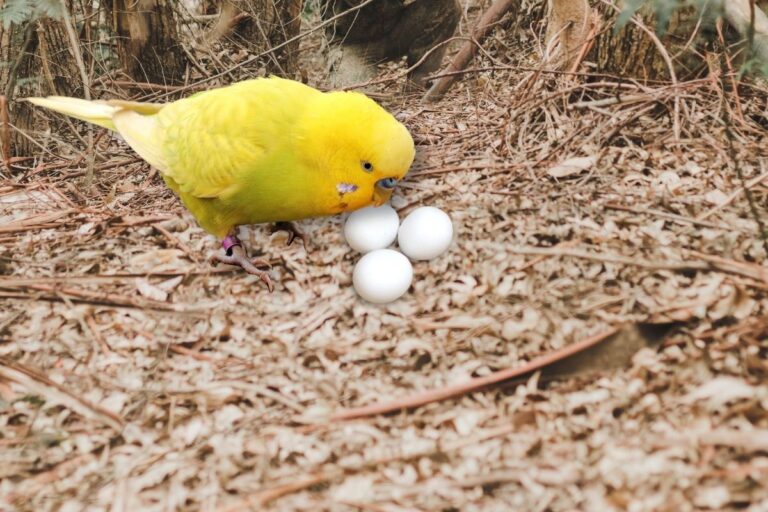Can Birds Find Their Way Home
Disclosure: The opinions expressed in this post are my own. This post may also contain affiliate links, which means that I will receive a commission if you decide to purchase through my links, at no additional cost to you. As an Amazon Associate, I earn from qualifying purchases.
Have you ever wondered if birds can find their way back home after being lost? Well, there’s a chance that they can. But don’t pin your hopes too high, because that does not mean that your birds are necessarily trying to find their way home.
Birds are amazing creatures. They fly thousands of miles every year, navigate using the stars, and even communicate with each other.
If you’re wondering if birds are able to navigate back home, then read on.
Can Birds Find Their Way Home?
Birds naturally have the ability to navigate around using visual cues and from familiarization of the rea, making it possible for them to find their way home. Some migratory birds are also known to orientate themselves using the earth’s magnetic field. However, since most pet birds are domesticated, this ability is not as strong as their wild counterparts. This skill also varies between different species. Some birds such as ravens, crows, jays and magpies are very intelligent and they are able to make use of visual cues to guide them around.
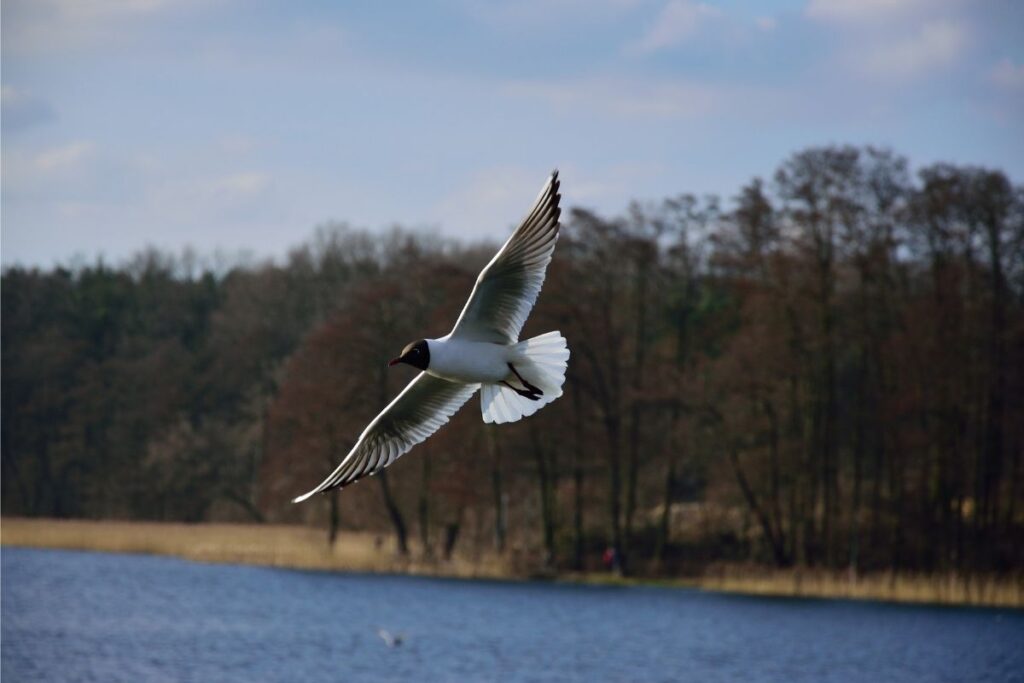
Birds are able to navigate using landmarks such as trees, buildings and hills. Some birds are also able to use the sun to guide them. However, domesticated pet birds are usually not familiar with their outside surroundings. Many owners put their pet birds in cages or aviaries where they cannot go out into nature. In these environments, birds will never learn how to navigate through unfamiliar territory. As such, even though pet birds have the ability to find their way home, many often do not.
Why are Birds Unable to Find Their Way Home
The two main reasons why birds are unable to find their way home is due to challenging outdoor conditions and poor navigation skills. Once birds get out of the home, they may have a hard time adjusting to the new conditions. Here are three reasons described in detail.
New and Exciting Surroundings
One of the reasons birds may not return home after flying away, is because it could be their first time experiencing such freedom. Domesticated birds have been living in cages, aviaries and around the house most of their lives. With a sudden change of environment and freedom to go about wherever they can, birds do get excited and start exploring new activities.
Living in Urban Areas

If you are living in a high density area, such as apartments in the city, your house may look just like the thousands of other houses. This makes it many times more challenging for your pet birds to be able to identify and locate their home.
Lack of Familiarity
Domesticated pets are bred specifically for human companionship. Most people who own pet birds keep them indoors all day long. Since they spend most of their days cooped up, they rarely experience anything but indoor lighting. Once these feathered friends get outside, they can easily become disoriented. Furthermore, if it’s night-time, the lack of natural light adds more difficulty for them to navigate around.
How to Find a Lost Bird
If your bird has escaped from your house, it is best to take an active approach to try and find it, rather than wait around hoping that it will make its way back.
Look Around Your House and Neighborhood
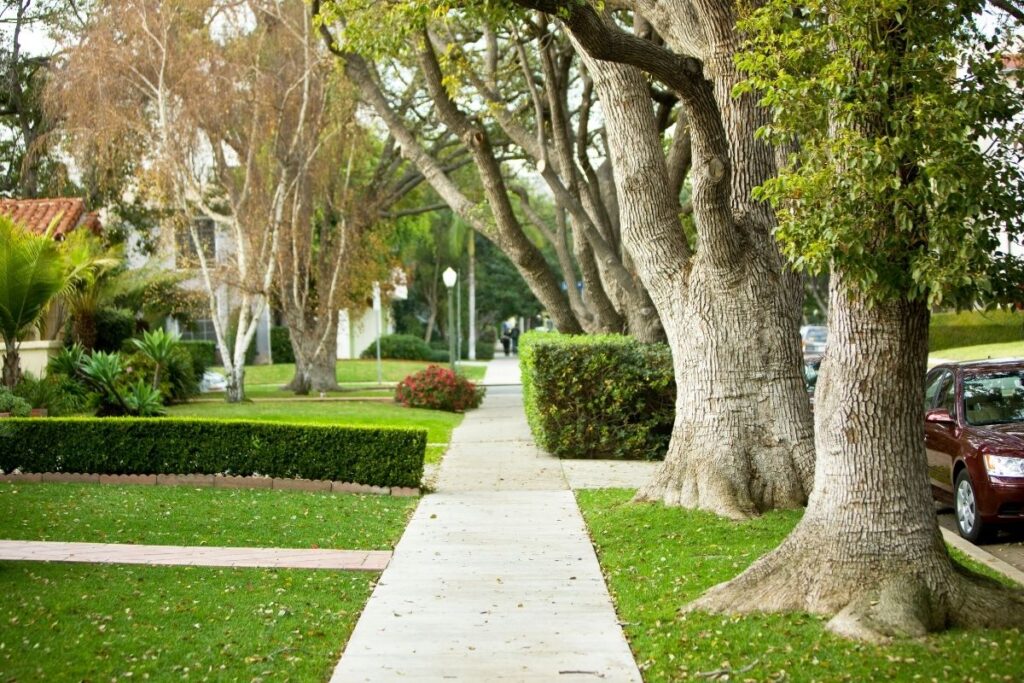
Time is of essence here. Your bird may still be adapting to its surroundings, making it less likely that they will fly far away during the first few minutes to hours. Try to scan areas that have places for your bird to perch, especially around trees.
Get Help from Family or Friends Around You
The more areas you are able to cover, the higher the chances of recovery. Try to gather a group of people and designate different zones to them. Make sure to check around your vicinity thoroughly, including your neighbor’s houses.
Bring Its Cage Out
Your bird sees its cage as a familiar and comfortable environment. Once they are exhausted being out in the open, they will be trying to find help or shelter. By having their cage around your bird may be able to spot you from a further distance. If this doesn’t work, then bring along some food so that your bird knows what direction to follow.
Call Out Its Name
Your bird may be difficult to spot, especially if there are a lot of trees. By using familiar audio cues, such as calling out its name, your bird might be able to recognize you and be coaxed into returning back to you.
Bring Along Your Bird’s Companion
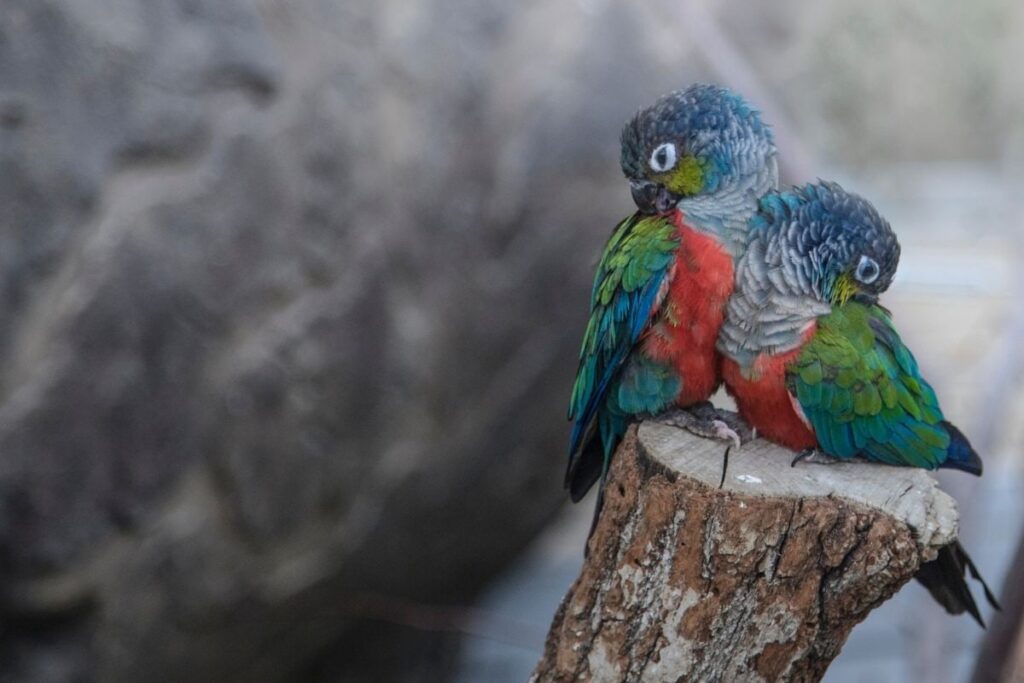
If your bird has a companion, it will be good to bring it along outside in a cage. If they have a close relationship, your bird will be motivated to reunite with its companion. The companion will also make calls which will increase the chances of locating your bird.
Bring Along Some Bird Treats or Its Favorite Food
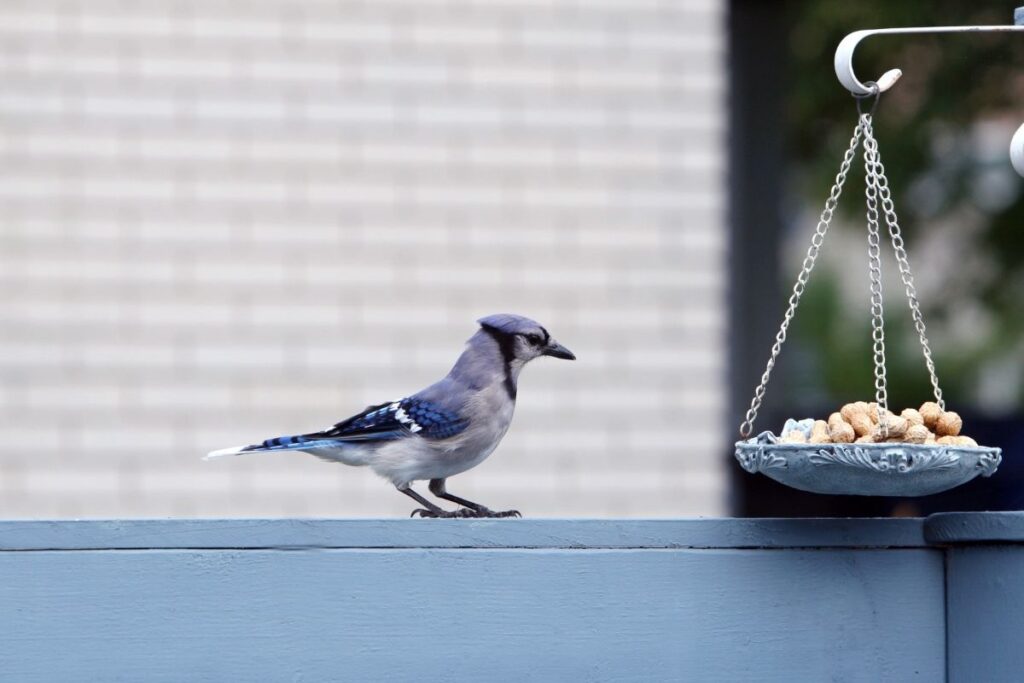
Domesticated birds will have difficulty finding their food supply out in the wild. After some time, they will start getting tired and hungry. With available food supply, this makes it easier for your birds to return to you. If you manage to catch sight of your bird, use the treats or food to lure your bird to you.
Get Your Local Organizations and Pet Bird Communities Involved
If all else fails, make sure to report to your local organizations, agencies, bird clubs, bird stores and communities so that they will be on the lookout for you. Sometimes after a few days, birds get tired and will start to seek help from humans for food and water. With your contact information out there, you will have a higher chance of seeing your bird returned back to you.
Can Pet Birds Survive in the Wild
Pet birds have been living in captivity their entire lives. They may be able to survive for a short time in the wild provided enough food and water is available. But if they have to source for food in the wild by themselves, they may not be very skilled in doing, so due to their domestication. Furthermore, they are less prepared when it comes to escaping predators.
Pet birds may also be traumatized with the new and harsher environments. This may lead to fear and depression, which lowers their chances of survival.
How to Prevent Your Pet Birds From Getting Lost or Escaping
The best way to prevent your bird from getting lost it to make sure it does not have a chance to escape. Here are some tips to ensure your pet bird does not break free and go missing.
Ensure Doors and Windows are Shut and Secured
If you want to bring your pet out of its cage, you have to make sure all your doors and windows aren’t just shut, but also withgly secured with no chance for your bird to force its way through. It only takes one single opening for your pet bird to escape into the open.
Make Sure Your Birds Have a Good Sized Space to Live In
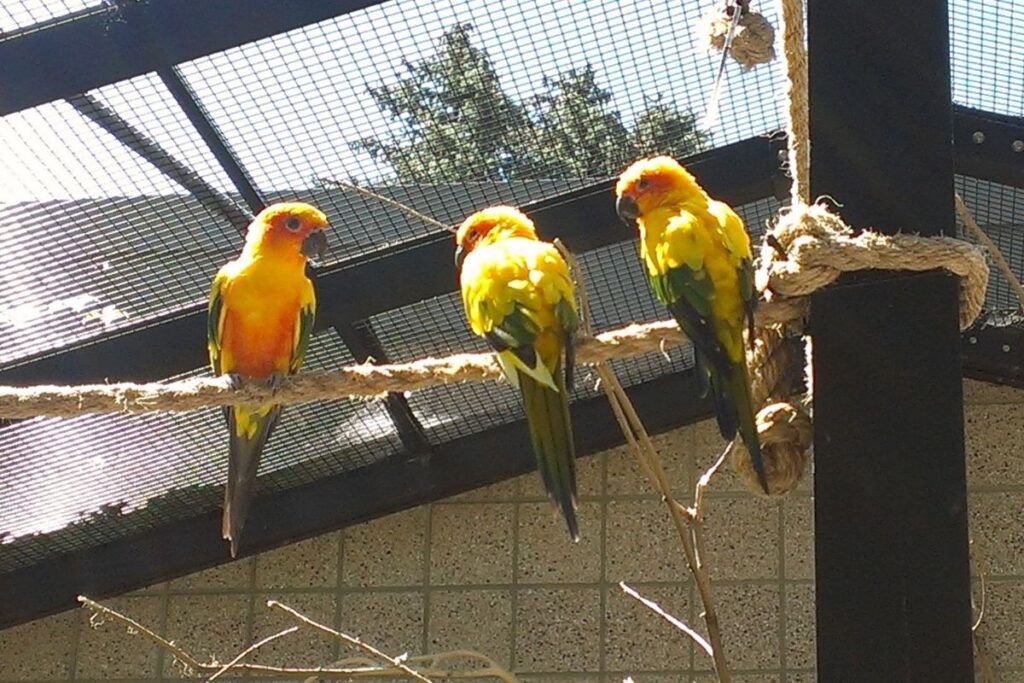
If the space you are giving your bird is small and constrained, it will be more likely that your bird will want to escape just to experience more space and freedom. Make sure your cages or aviaries have plenty of areas and accessories for them to perch and rest. If you provide a good environment for them, they will be happier and less inclined to have thoughts of escaping.
Make Sure Your Birds Are Fed Well
If your feathered friends are hungry or thirsty all the time, they will be more eager to escape and source for food and water supply. Make sure you keep their diet in check, and keep their water supply filled and fresh.
Bonding With Your Bird
Spend time with your bird consistently, you will naturally form a bond with it over time. If your bird is raised and cared for properly, it will make a loyal pet. You can spend quality bonding moments together by playing games like hide-and-seek, tug-of-war, etc.
All The Best
We hope these few simple steps help you get back your pet bird safely. We wish you all the best!



